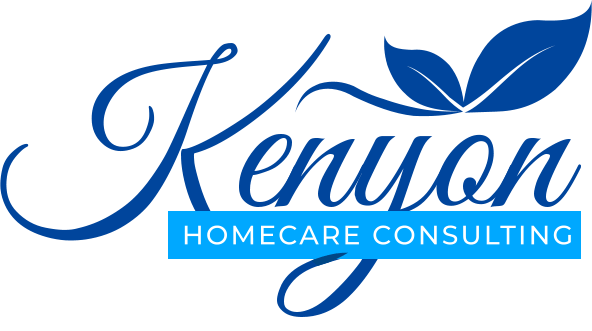Transforming Lives: The Rise of Patient-Centered Care
We have heard a lot in the past about patient centered care(PCC), but little is taught and used in the day-to-day care of patients in the the home. With the pressure to provide care, be timely with reports and documentation among other demands, PCC sometimes is lost in practice.
In order to understand patient centered care, we need to first define and understand key terms by CMS's definition:
· Integrated Care: An approach to coordinate health care services to better address an individual’s’ physical, mental, behavioral and social needs.
· Person-Centered Care: Integrated health care services delivered in a setting and manner that is responsive to individuals and their goals, values and preferences, in a system that supports good provider–patient communication and empowers individuals receiving care and providers to make effective care plans together.
· Value-Based Care: Designing care so that it focuses on quality, provider performance and patient experience.
CMS also states that person-centered care includes:
· Care that’s guided and informed by patients’ goals, preferences, and values
· Success measured by patient-reported outcomes
· Integrated and coordinated care across health systems, providers, and care settings
· Managing chronic and complex conditions
· Relationships built on trust and a commitment to long-term well-being
Therefore, PCC is a healthcare approach that prioritizes the individual patient's needs, preferences, and values in all healthcare decisions. It emphasizes a collaborative partnership between the patient and their healthcare providers. This is moving away from the traditional model where providers make all the decisions.
PCC is built on several key principles:
· Respect for Patient's Values, Preferences, and Needs: Recognizing and honoring each patient's unique background, knowledge, and desires.
· Information Sharing and Education: Ensuring patients receive timely, clear, and comprehensive information to make informed decisions.
· Patient and Family Participation: Actively involving patients and their families in discussions, planning, and decision-making about their care.
· Coordination and Integration of Care: Facilitating seamless transitions and communication between different healthcare providers and settings.
· Physical Comfort: Prioritizing and addressing the patient's physical comfort and pain management.
· Emotional Support and Alleviation of Fear and Anxiety: Providing empathy, reassurance, and psychological care to address the emotional impact of illness.
· Continuity and Transition: Supporting smooth transitions between care settings and ensuring ongoing support and information after discharge.
· Fast and Reliable Access to Care: Ensuring patients can easily access the care they need, when they need it, without undue delays.
These concepts align with the eight Picker principles of patient-centered care, widely adopted in healthcare settings.
Benefits of PCC
Implementing PCC has several advantages for patients, providers, and the healthcare system as a whole:
· Improved patient outcomes: Studies have shown a positive correlation between PCC and better health outcomes.
· Increased patient satisfaction: Patients are more satisfied with their care when they feel respected, heard, and involved in the decision-making process.
· Stronger patient-provider relationships: PCC fosters trust and open communication, leading to better relationships between patients and their care team.
· Reduced healthcare costs: By preventing unnecessary procedures and streamlining care, PCC can contribute to cost savings.
Patient-centered care in practice:
So how does it look in practice? You must first complete the assessment to make sure you understand all the issues facing the client/patient. Once that is done, you know the protocols for care based on the diagnosis determined by your assessment. While all of these are wonderful and needed, they are only the background for your plan of care.
The focus of the care plan should be based on THE PATIENT'S GOALS FOR CARE.
So, what does that mean? For instance, if the patient is a long-standing diabetic with co-morbidities of CHF and severe arthritis, do you add medication and diet education as well as CHF protocols for management? Maybe, if it fits what the patient wants. What if the patient's ultimate goal is to be comfortable and able to do some minimal activities like playing cards or going for rides. Then comfort from pain and easier breathing to accomplish the patient goals becomes your care plan. Do you work in the standard protocols to accomplish this? Yes, but it changes the focus from protocol centered to patient goal centered. If you want success in your care, always make the patient the center of your care so both the patient and you are winners.
If you need assistant with your agency operations to include patient centered care with better outcomes and patient satisfaction, call us at 206-721-5091 or email at gkenyon@kenyonhcc.com.
References:
CMS.gov
AI Research response
Results Based Consulting
Did you find value in this blog post? Imagine what we can do for your home care or hospice agency. Fill out the form below to see how we're leading the industry with innovation, affordability, and experience.










